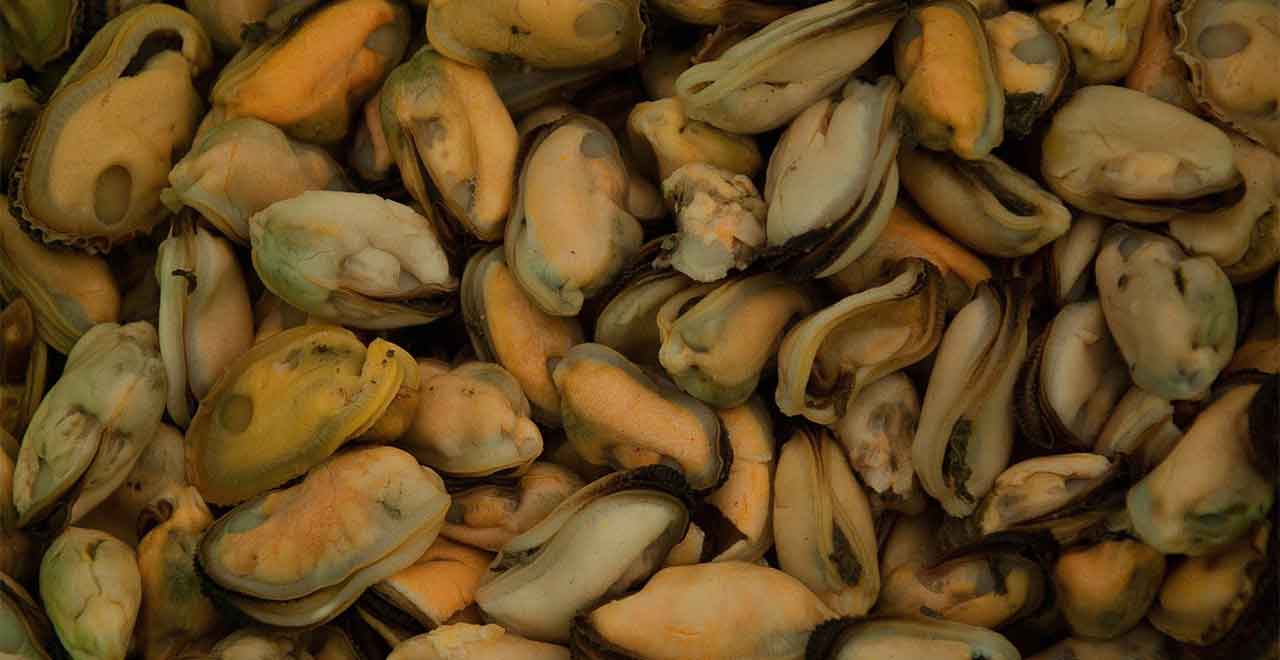The plastic drifting in the sea is colonised by numerous micro-organisms, including some toxic bacteria that, according to the results of a study conducted by microbiologists at Università Cattolica and just published in the Journal of Hazardous Materials, seem to spread along the food chain.
The accumulation of plastic waste in marine environments is becoming a crucial issue; while the toxicity to living organisms in the sea has been explored in various scientific studies, there is still a gap in knowledge about the role that plastics play in shaping bacterial community structures in the marine environment and their possible transmission to humans. This is the background to the environmental study conducted by researchers from the Faculty of Agriculture, Food and Environmental Sciences who, together with colleagues from the University of Sousse, investigated the presence of microplastics and bacteria, including pathogens, in water samples from the Mediterranean Sea and in sampling of shellfish.
Research results just published in the Journal of Hazardous Materials (the 8th most important journal in the ranking of 265 scientific journals in the field of environmental science) have shown not only that mussels contain significant amounts of microplastics, but also ‒ and this is new ‒ that microplastics carry pathogenic bacteria, which are also detected in mussels: these bacteria have a toxic effect on mussels, as indicated by their immune response.
«Our first aim was to profile the structure of the bacterial community in biofilms of plastic particles floating in seawater from four Tunisian coastal areas, using DNA sequencing techniques of the bacteria. Then, these mussels (Mytilus galloprovincialis) were brought into contact with floating plastics to allow us to expand our knowledge of the potential role played by environmental plastic particles in shaping bacterial community structures and inducing possible toxic effects on mussels» - said Professor Edoardo Puglisi, Professor of Microbiology at the Università Cattolica, who led this study with Professor Pier Sandro Cocconcelli, microbiologist at the Faculty of Agriculture, Food and Environmental Sciences.
«Our results clearly showed great variability in the composition of bacterial communities in floating plastic and seawater from different geographical areas. These first results tell us that mussels accumulate within themselves not only microplastics, but also the bacteria carried by them, including for example some pathogens belonging to the vibrio group. The relevance of our study in terms of human food risk assessment will need to be investigated in the future» - said Professor Edoardo Puglisi.



